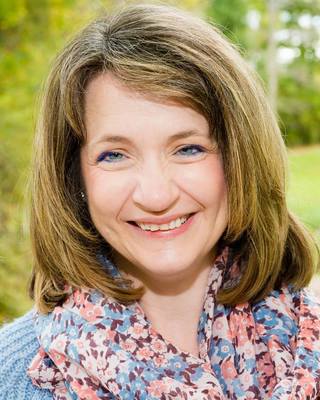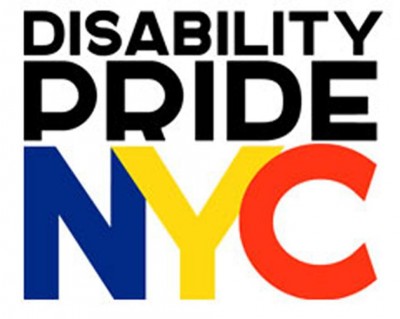July is Disability Pride Month in New York. It’s very fitting since we also celebrate the anniversary of the Americans with Disabilities Act.
When I recently posted on social media about Disability Pride Month, someone commented, “Why am I supposed to feel proud that I am disabled?” The comment actually had more colorful language but I’m offering the PG version.
For many it is a struggle to feel a sense of pride in an aspect of oneself that causes challenges and feeling different from others. Sometimes the challenges posed by our disability, as well as the judgments and limitations imposed from others, can be damaging to one’s self-esteem and sense of pride.
We can tend to believe these challenges and limitations define us. In my counseling work with people I often encourage them to define themselves, disability and all, in a positive, affirming way. People can believe whatever they want about you and your disability. It doesn’t make it true.
Disability pride comes when we’re able to nurture our self-esteem and focus on our positive attributes. Having a strong self-esteem not only develops a sense of pride, but it’s also a good way of developing a filter for others’ opinions of you.
Here are three very simple, but important areas to focus on to grow your self-esteem:
- What you can do? What are your abilities? These don’t have to be things you necessarily do, but your strengths as a person.
- What helps you to enjoy life?
- What interests you? What makes you uniquely you?
Create a list and refer to it often. Let it strengthen YOUR definiton of YOURSELF. Remember, no one knows the magic of who you are like yourself. Take pride in that!

Kathy’s brief bio
Kathy O’Connell is the Director of Radiant Abilities, which is dedicated to the personal development of people with disabilities. Kathy is also a Licensed Mental Health Counselor with a counseling practice in Syracuse. Working primarily with people with disabilities and their families, she teaches insight, skill development, and empowering beliefs in dating, relationships, and sexuality.

